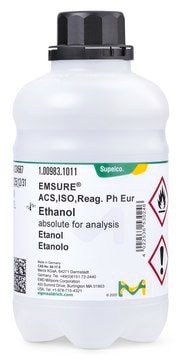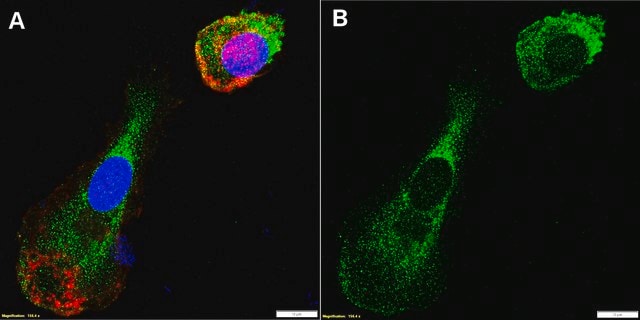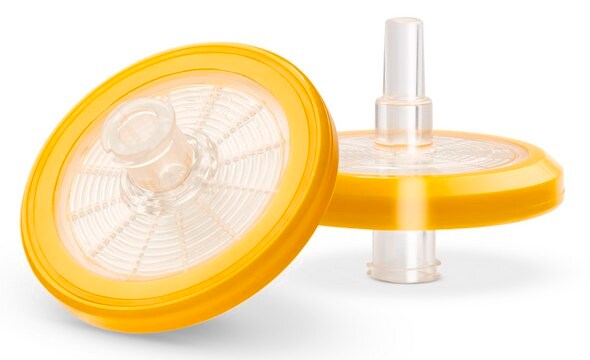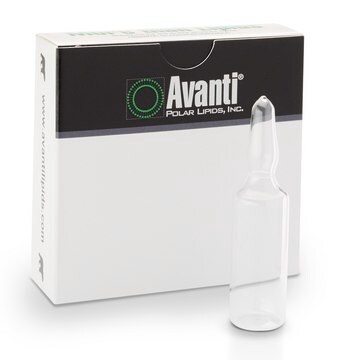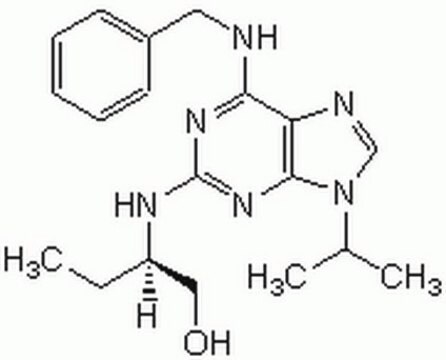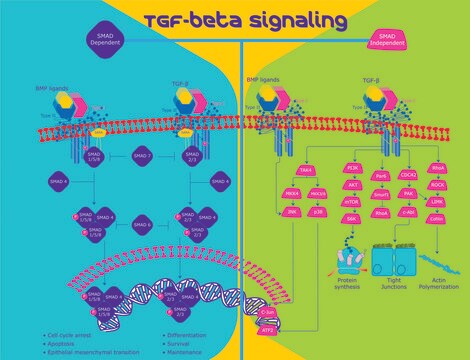ZMS1235
Anti-ApoB Antibody, clone MB47 ZooMAb® Mouse Monoclonal

recombinant, expressed in HEK 293 cells
Sinonimo/i:
Apolipoprotein B-100, Apolipoprotein B-48 (Apo B-48)
About This Item
Prodotti consigliati
Origine biologica
mouse
Livello qualitativo
Ricombinante
expressed in HEK 293 cells
Coniugato
unconjugated
Forma dell’anticorpo
purified antibody
Tipo di anticorpo
primary antibodies
Clone
MB47, recombinant monoclonal
Descrizione
recombinant, expressed in HEK 293 cells
Nome Commerciale
ZooMAb® learn more
Stato
lyophilized
PM
calculated mol wt 515.54 kDa
observed mol wt ~515 kDa
Purificato mediante
using protein G
Reattività contro le specie
human
Reattività contro le specie (prevista in base all’omologia)
guinea pig, porcine, canine, rabbit
Confezionamento
antibody small pack of 25
Caratteristiche più verdi
Waste Prevention
Designing Safer Chemicals
Design for Energy Efficiency
Learn more about the Principles of Green Chemistry.
Convalida avanzata
recombinant expression
Learn more about Antibody Enhanced Validation
sustainability
Greener Alternative Product
tecniche
immunocytochemistry: suitable
immunohistochemistry: suitable
western blot: suitable
Isotipo
IgG2aκ
N° accesso ID proteina
N° accesso UniProt
Categoria alternativa più verde
Condizioni di spedizione
ambient
Temperatura di conservazione
2-8°C
Informazioni sul gene
human ... APOB(338)
Descrizione generale
Specificità
Immunogeno
Applicazioni
Evaluated by Western Blotting in HepG2 cell lysate.
Western Blotting Analysis: A 1:1,000 dilution of this antibody detected ApoB in HepG2 cell lysate.
Tested Applications
Western Blotting Analysis: A 1:1,000 dilution from a representative lot detected ApoB in human plasma lysates.
Immunohistochemistry (Paraffin) Analysis: A 1:100 dilution from a representative lot detected ApoB in human liver tissue sections.
Immunocytochemistry Analysis: A 1:100 dilution from a representative lot detected ApoB in HepG2 cells.
Note: Actual optimal working dilutions must be determined by end user as specimens, and experimental conditions may vary with the end user.
Descrizione del bersaglio
Stato fisico
Stoccaggio e stabilità
Note legali
Esclusione di responsabilità
Non trovi il prodotto giusto?
Prova il nostro Motore di ricerca dei prodotti.
Codice della classe di stoccaggio
11 - Combustible Solids
Classe di pericolosità dell'acqua (WGK)
WGK 2
Punto d’infiammabilità (°F)
Not applicable
Punto d’infiammabilità (°C)
Not applicable
Scegli una delle versioni più recenti:
Certificati d'analisi (COA)
It looks like we've run into a problem, but you can still download Certificates of Analysis from our Documenti section.
Se ti serve aiuto, non esitare a contattarci Servizio Clienti
Possiedi già questo prodotto?
I documenti relativi ai prodotti acquistati recentemente sono disponibili nell’Archivio dei documenti.
Il team dei nostri ricercatori vanta grande esperienza in tutte le aree della ricerca quali Life Science, scienza dei materiali, sintesi chimica, cromatografia, discipline analitiche, ecc..
Contatta l'Assistenza Tecnica.